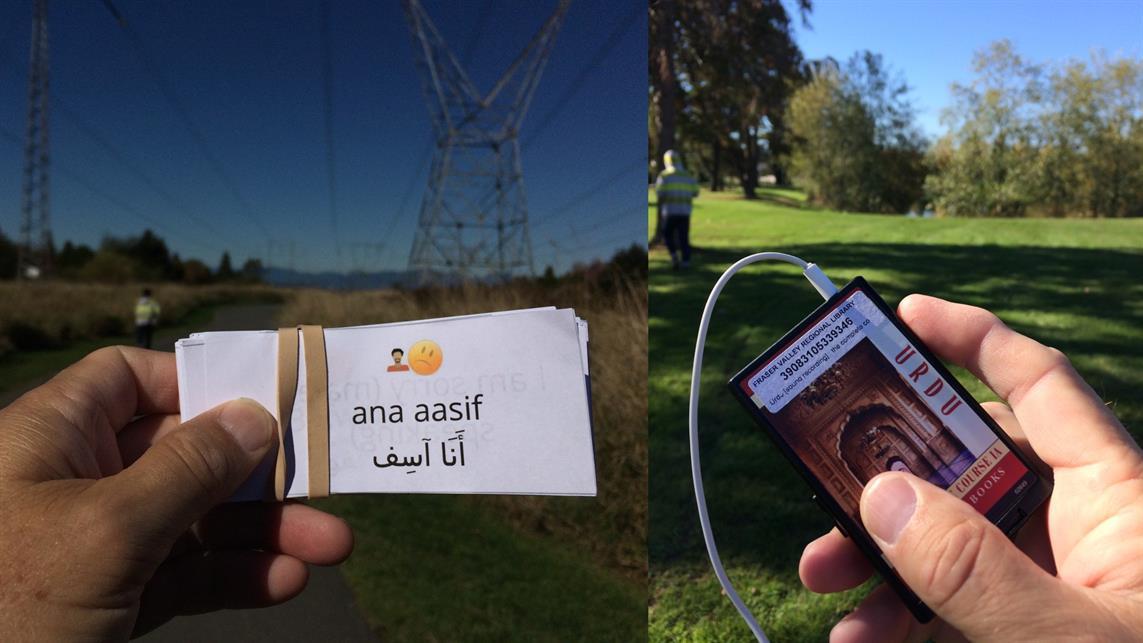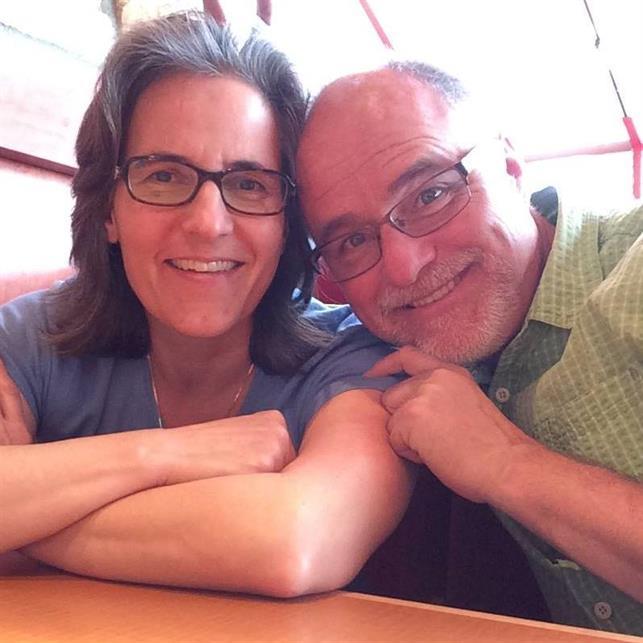Departments
Featured News
Featured Videos
Learning to Greet the World on Our Doorstep from John and Laurel Archer

Peace be Upon you
In recent months I (John) have taken it upon myself to get better at greeting the world on our doorstep and the results have been fun.The other day my son Caleb and I were walking through the mall and I passed an Asian Muslim man (or so I guessed from how he was dressed and that he was rocking a really awesome beard). I took a chance and greeted him in Arabic with an as-salamu alaykum (Peace be upon you).
He beamed with delight and said “Brother! Where are you from?”
I replied “I’m just from here but I have travelled… and I just wanted to make sure you felt welcomed here in Canada.”
He touched his hand to his heart, bowed his head a little and said thank you. He walked away. It wasn’t a big moment, but it was a lovely moment.
God is Truth
On another walk recently with Caleb, we walked by an elderly Sikh man and I again took a chance and I greeted him with a Sat Sri Akal Ji (which means “God is Truth” and is the polite way among Sikh Punjabi speakers to say hello). He too beamed back at me a big smile and replied to me “Sat Sri Akal Ji”.
A“functionally non-verbal polyglot"
I’m not sure how this happened but every day since this last May I’ve been doing a bit of language learning while on my daily walks with Caleb. I’ve listened to podcasts, signed out books and audiobooks from the library and I even took an online course in Egyptian Arabic run by a friend of mine in Egypt.
I’m not sure how much I’ve learned because I keep switching which language I’m studying. Laurel has been teasing me a little because I keep bringing home different language courses from the library. She coined the phrase to describe me as a “functionally non-verbal polyglot*”. This is a proud (if impossible) distinction I share with my non-verbal daughter Emma, who is always switching around the language tracks on the DVD videos she watches. Mary Poppins is so much more sophisticated in Spanish.
Learning tidbits of foreign languages can actually pay some unexpected dividends. Some weeks ago, I was with Caleb at a fast food restaurant and I noticed all the workers behind the counter were South Asian. So I took a chance and as they gave us our food I said “bohat bohat shukreeyah” which is how to say “thank you very much” in Punjabi, Hindi and Urdu. I don’t know if I impressed them or if it is because Caleb is just so cute but they gave him an extra drink for free.
So why am I trying to learn all this?
I’ve been motivated to learn these phrases and greetings because I love being the last person anyone would expect to know how to say something like “Hello, how are you?” in Arabic, Punjabi or whatever. I want to blow away people’s stereotypes and expectations of me. And especially for the strangers and newcomers to Canada, I want them to discover what they might not expect to find from someone like me… kindness, friendship and an interest in them and their culture. I want them to feel welcomed instead of feared.
I do this because I really do think this is what Jesus would do. He was always the kind of person that defied expectations. He blew people’s minds. He drove religious people crazy but the sick, the sinners, the outcasts and strangers found compassion, healing and forgiveness.
Now you don’t have to be crazy and try to learn a bunch of foreign languages… (unless you want to) but do find a way to blow people’s expectations and stereotypes of you. Let them find the last thing many would expect to find from you… a new friend. Blow someone’s mind today. Give it a try!
John & Laurel Archer, global workers

* polyglot / ˈpälēˌɡlät / As an adjective - knowing or using several languages. / As a noun - a person who knows and is able to use several languages. / Origin: mid 17th cent.: from French polyglotte, from Greek poluglōttos, from polu- ‘many’ + glōtta ‘tongue.’